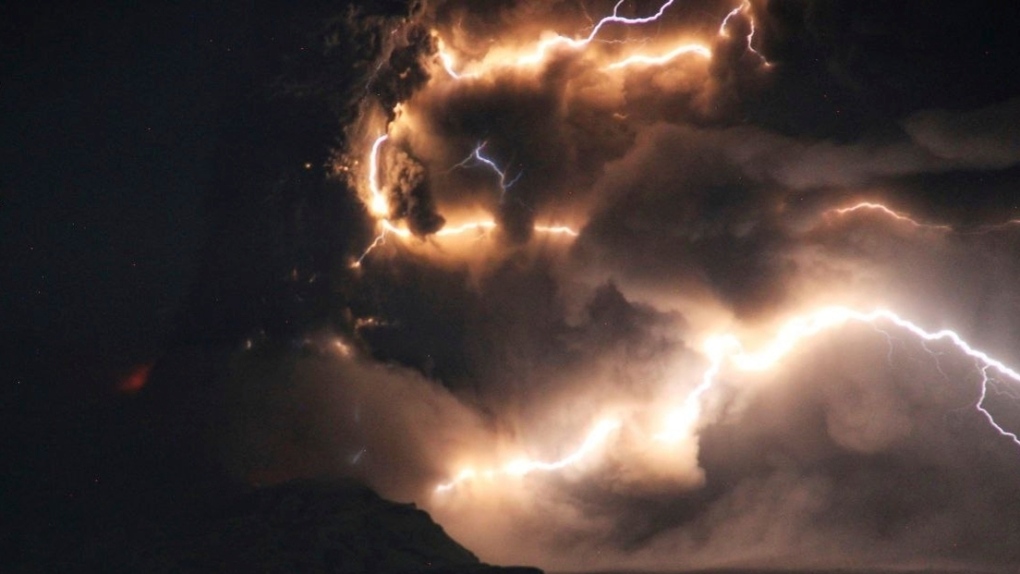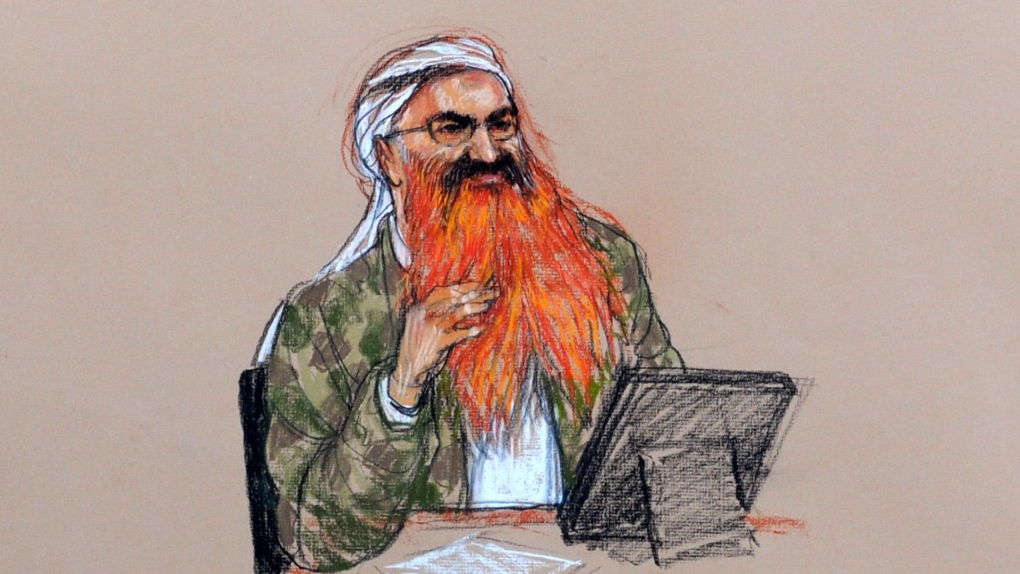The recent deadly attack at a concert hall in Moscow has raised suspicions and accusations from Russian officials towards Ukraine and the West, despite claims of responsibility by an affiliate of the Islamic State group. President Vladimir Putin and head of the Federal Security Service, Alexander Bortnikov, have both pointed fingers at Ukraine in connection to the attack, even as evidence suggests Islamic State involvement. The Islamic State affiliate claimed responsibility for the attack, with U.
S. intelligence also pointing towards the group's involvement. French President Emmanuel Macron further supported this claim, citing intelligence that indicated an IS entity was behind the incident. However, Putin continued to push the narrative of Ukrainian involvement, leading to a rebuttal from Ukrainian President Volodymyr Zelenskyy, who accused Putin of attempting to manipulate the situation for his own agenda. Bortnikov went as far as to suggest that Western spy agencies may have assisted in the attack, along with Ukrainian special services, despite receiving a tip from U.S. intelligence about the incident. The lack of concrete evidence supporting these claims has raised doubts about the validity of these accusations. The four gunmen involved in the attack were apprehended and appeared in court on terrorism charges. They displayed signs of severe beatings, leading to concerns about the treatment of the suspects in custody. The individuals were identified as citizens of Tajikistan, charged with committing a terrorist act resulting in death. In a surprising twist, Belarus' President Alexander Lukashenko mentioned that the suspects were heading towards Ukraine out of fear of tight border controls in Belarus, contradicting the narrative of Ukrainian involvement put forth by Russian officials. The conflicting accounts surrounding the suspects' motivations and actions have added to the complexity of the situation. The Islamic State group has a history of targeting Russia, with previous attacks on Russian soil and the downing of a Russian jetliner over the Sinai desert in 2015. The group's presence in Syria, Iraq, Afghanistan, and Africa has posed a threat to Russian interests, leading to heightened security measures and concerns about future attacks. Despite warnings from the U.S. about a potential terrorist attack, Russian authorities were unable to prevent the tragic event at the concert hall. Putin's criticism of the U.S. Embassy's advisory and claims of Western involvement have only added to the tension surrounding the situation. In conclusion, the Moscow concert hall attack has reignited tensions between Russia, Ukraine, and the West, with conflicting narratives and accusations muddying the waters. The investigation into the incident is ongoing, and it remains to be seen how the situation will unfold in the coming days.Russia continues to hold Ukraine responsible for concert attack despite denial and Islamic State claim
 5 months ago
2613
5 months ago
2613
- Homepage
- World News
- Russia continues to hold Ukraine responsible for concert attack despite denial and Islamic State claim
Related
Russia experiences volcanic eruption following 7.0 magnitude...
1 month ago
2057
China Metro Stations Buzz with Personalized Ads as Operators...
1 month ago
2014
Accused Mastermind of 9/11 Attacks, Khalid Sheikh Mohammed, ...
1 month ago
2301
Trending in United States of America
Popular
Nokia Reaches 5G Patent Agreement with Vivo After Lengthy Le...
7 months ago
26048
Apple's Upcoming Tablet Lineup: iPad Air to Introduce Two Si...
9 months ago
25976
Xiaomi's First Electric Car, the SU7 Sedan, Enters the EV Ma...
8 months ago
25364
The European Parliament's Bold Move to Combat Smartphone Add...
9 months ago
25312
Unveiling ChatGPT's New 'Memory' Feature Revolutionizing Use...
7 months ago
25212
© OriginSources 2024. All rights are reserved








 English (US)
English (US)